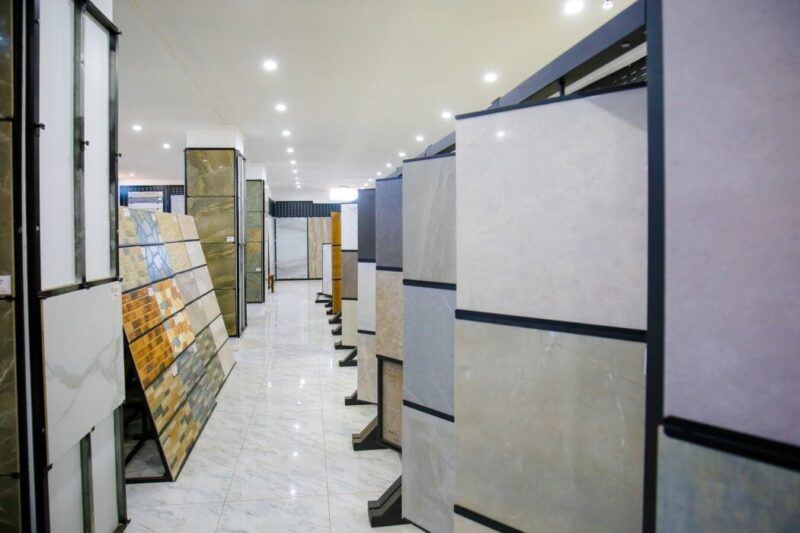In Nigeria’s fast-changing construction landscape, floor tiles have become more than just finishing materials, as they are a symbol of taste, class, and structural quality.
From private homes to government buildings, tile usage is in demand, booming, business opportunity for smart entrepreneurs. One of such entrepreneur is David Eze, a 34-year-old based in Lagos, who recently leapt into tile sales with a modest investment and a sharp eye for market trends.
According to him, tiles are everywhere. Walk into any newly built house in Lagos, Ogun or Kano, be it a renovated secondary school in Port Harcourt, you’ll likely find ceramic or porcelain tiles covering floors, bathroom walls, or even kitchen backsplashes.
He stated further that, “Be it government housing schemes, schools, and healthcare centres, it is used extensively for their durability and low maintenance. As Nigeria pushes for more infrastructure, tile demand continues to grow.”
“I noticed that builders were always looking for reliable tile suppliers, especially for medium-budget homes, I had no factory or warehouse just a plan to start small, build trust, and reinvest steadily though not easily in an unpredictable market hampered by inflation,” he said.
He added that, “I settled on popular sizes like 30×30 cm and 60×60 cm ceramic tiles, commonly used in living rooms and bedrooms while sourcing them locally, avoiding the risks and capital requirements of importing. His goal: to supply functional, attractive tiles at competitive prices to builders and retailers in his area.
Business Capital
It is essential to note that, starting up required more than just buying stock. David revealed that, he needed a small showroom which was rented in a local building materials market for N600,000 per year.
Also, he spent another N300,000 setting up basic displays and shelves while his first inventory purchase, a mix of ceramic and vitrified tiles cost about N2 million. Additionally, transport, licenses, marketing, and three months of staff wages, and the total startup cost is about N5million.
He disclosed that he had built a customer base of tilers, architects, and homeowners. While been optimistic of opening up a second location and branching into tile accessories like grout, spacers, and adhesives.
While advising beginners, he said, “Avoid overcommitting capital and understand your market before you invest. Start where demand is steady especially in growing urban areas. And always think about turnover. If tiles sit too long, you’re losing money.”
For those looking to follow in David’s footsteps, the tile market offers real potential. Whether supplying estate developers or partnering with local contractors, the key is consistency, trust, and a keen sense of what the customer wants.
“As Nigeria continues building homes, roads, and public infrastructure, opportunities in construction materials especially floor tiles are not just opening up. They’re wide open, he said.








